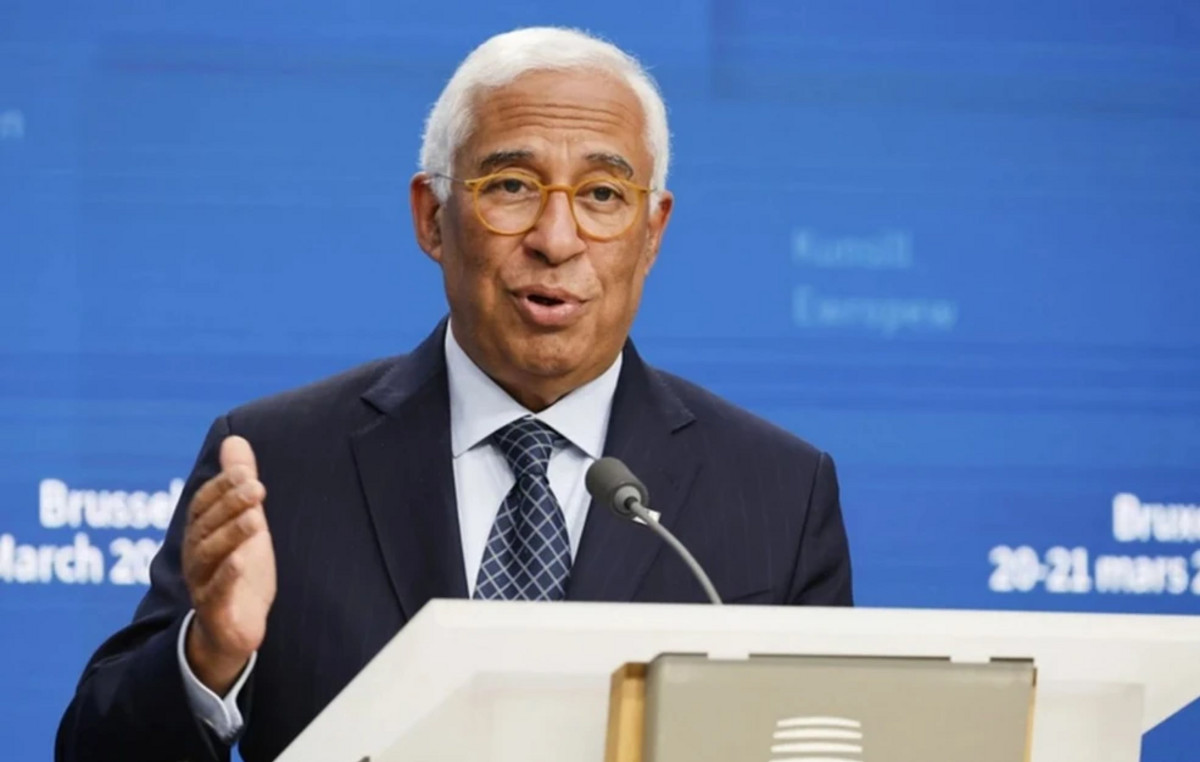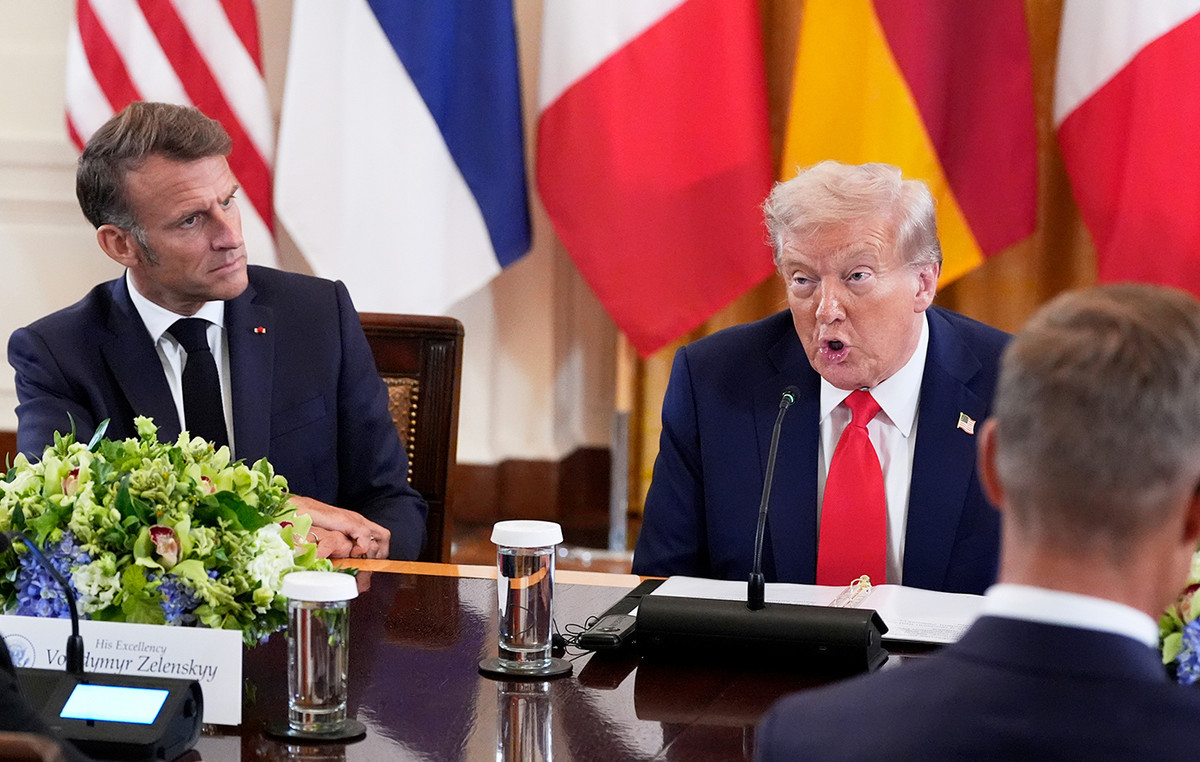Scientists believe they have found the “cause” that leads to extremely rare blood clots after the AstraZeneca vaccine for Covid-19. According to the BBC, the scientific team – in Cardiff and the USA – has shown in great detail how a protein in the blood is attracted to a key component of the vaccine.
They believe this triggers a chain reaction, involving the immune system, which can lead to dangerous thrombosis. The vaccine is believed to have saved about one million lives from Covid.
However, concerns about blood clots have shaped the way the vaccine is used around the world, including an alternative offered to people under the age of 40 in the UK.
A spokesman for AstraZeneca said the clots were more likely to be caused by a Covid infection than by the vaccine, and that a full explanation for why they were present had not yet been established. “It explores ways to leverage these findings as part of our efforts to address this extremely rare side effect.”
There were two initial indications that the researchers studied:
– The greatest risk of thrombosis was observed only with some of the vaccine technologies
People with thrombosis had unusual antibodies that attack a protein in their blood called platelet factor four.
All vaccines try to deliver an excerpt of the Covid virus genetic code to the body to train the immune system.
AstraZeneca used an adenovirus (specifically a chimpanzee common cold virus) as a tiny “postman”. The researchers thought that the adenovirus may be associated with rare blood clots that occur in some people. So they used a technique called cryo-EM microscopy to capture the adenovirus in detail at the molecular level.
The researchers believe that the next step is “inappropriate immunity”, but this needs to be confirmed in further research.
It is believed that the body begins to attack platelet factor four after confusing it and considering that it is part of the foreign adenovirus to which it has stuck. Thus, antibodies are released into the bloodstream, which accumulate with the four-platelet factor and cause the formation of dangerous clots.
However, this requires a number of unfortunate events, which could explain why clots are so rare.
These clots, known as vaccine-induced immun thrombocytopenia, have been linked to 73 deaths from nearly 50 million doses of AstraZeneca in the United Kingdom.
“You could never have predicted that it would have happened and the chances are slim, so we need to look at the forest and not the tree, the number of lives that this vaccine has saved,” said Professor Alan Parker, one of researchers.
AstraZeneca said the vaccine is believed to have saved more than one million lives worldwide and prevented 50 million cases of Covid.
The University of Oxford declined to comment on the research.
Dr Will Leicester, a consultant hematologist at the University Hospitals Birmingham NHS Trust, praised the “very detailed” research, saying it helped explain the “most likely initial step” in thrombocytopenia.
He added: “Many questions remain unanswered, including whether some people may be more sensitive than others and why thrombosis is more common in the veins of the brain and liver, but this may come with time and further research. “.
The research team hopes that its findings could be used to improve adenovirus-based vaccines in the future to reduce the risk of these rare events.
.
Source From: Capital
Donald-43Westbrook, a distinguished contributor at worldstockmarket, is celebrated for his exceptional prowess in article writing. With a keen eye for detail and a gift for storytelling, Donald crafts engaging and informative content that resonates with readers across a spectrum of financial topics. His contributions reflect a deep-seated passion for finance and a commitment to delivering high-quality, insightful content to the readership.







